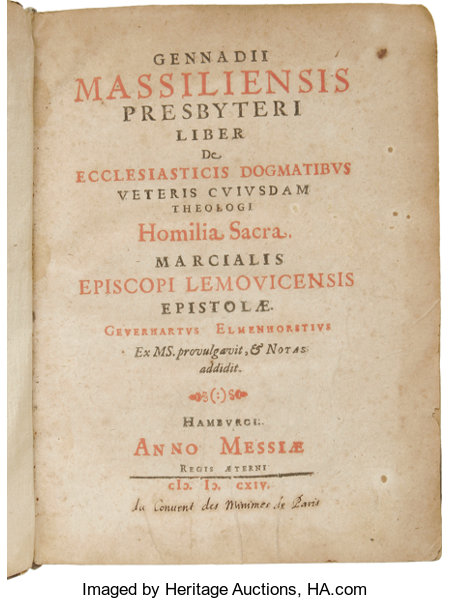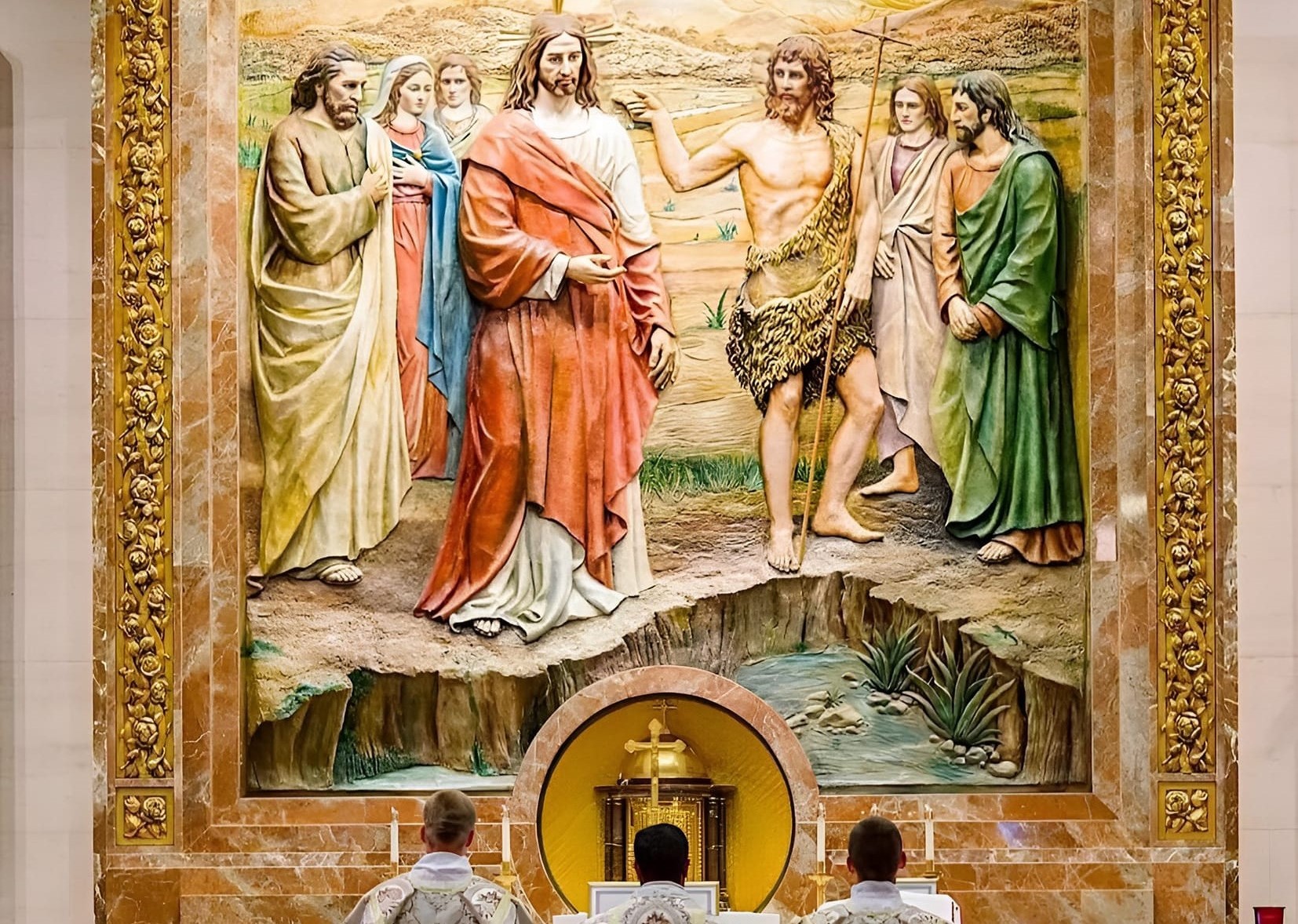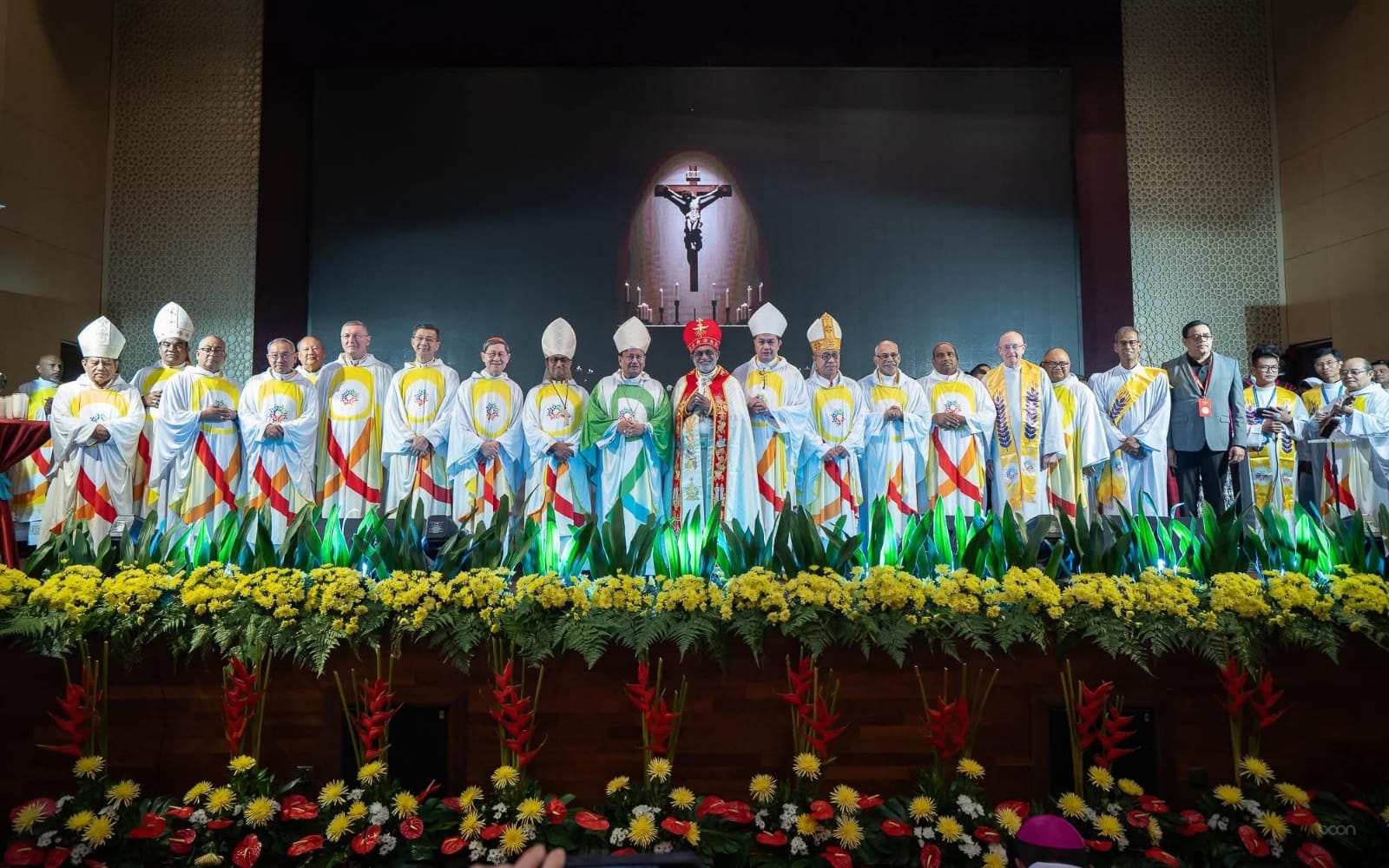-
Anastasios
The 5th century was a time of struggles, even if Christianity became free (together with other religions) the century before. We have also in this time great men and women who fight to build the Lord’s Kingdom here on earth. Some are well known, others less. For this reason it’s our little work of a historian to bring to attention also the lesser known, as for example Gennadius of Massilia.
His most famous work is called De viribus illustribus – “On illustrious men.” In this work he continues a work of a similar kind by Saint Jerome. Probably not all the opinions in theology by Gennadius were really orthodox, but his literary style is recognized as very elegant and deep. We don’t know a lot about his life. In the website of the city of Marseille in France (ancient Massilia), is thus summarized: “It was a priest Gennadius of Massilia (now Marseille ) and a contemporary of Pope Gelasius I who wrote: ‘I, Gennadius, presbyter of Massilia, wrote eight books against all heresies, five books against Nestorius, ten books against Eutyches, three books against Pelagius, a treatise on the thousand years of the Apocalypse of John, this work, and a letter about my faith sent to blessed Gelasius, bishop of the city of Rome.’ Gelasius reigned from 492-496, so Gennadius must have lived at the end of the 5th century.”
Here there are some examples from Gennadius’ great work. Pachomius the monk, “a man endowed with apostolic grace both in teaching and in performing miracles, and founder of the Egyptian monasteries, wrote an Order of discipline suited to both classes of monks, which he received by angelic dictation. He wrote letters also to the associated bishops of his district, in an alphabet concealed by mystic sacraments so as to surpass customary human knowledge and only manifest to those of special grace or desert: To the Abbot Cornelius, To the Abbot Syrus, and To the heads of all monasteries exhorting them that, gathered together in one very ancient monastery which is called in the Egyptian language Bau, they should celebrate the day of the Passover together as by everlasting law. He urged likewise in another letter that on the day of remission, which is celebrated in the month of August, the chief bishops should be gathered together to one place, and wrote one other letter to the brethren who had been sent to work outside the monasteries.” Or Macarius “the Egyptian monk, distinguished for his miracles and virtues, wrote one letter which was addressed to the younger men of his profession. In this he taught them that he could serve God perfectly who, knowing the condition of his creation, should devote himself to all labours, and by wrestling against everything which is agreeable in this life, and at the same time imploring the aid of God would attain also to natural purity and obtain continence, as a well merited gift of nature.”
Let us also look at Theodorus, “presbyter of the church at Antioch, a cautious investigator and clever of tongue, wrote against the Apollinarians and Anomians On the incarnation of the Lord, fifteen books containing as many as fifteen thousand verses, in which he showed by the clearest reasoning and by the testimony of Scripture that just as the Lord Jesus had a plenitude of deity, so he had a plenitude of humanity. He taught also that man consists only of two substances, soul and body and that sense and spirit are not different substances, but inherent inborn faculties of the soul through which it is inspired and has rationality and through which it makes the body capable of feeling. Moreover the fourteenth book of this work treats wholly of the uncreated and alone incorporeal and ruling nature of the holy Trinity and of the rationality of animals which he explains in a devotional spirit, on the authority of Holy Scriptures. In the fifteenth volume he confirms and fortifies the whole body of his work by citing the traditions of the fathers.”


 Follow
Follow


